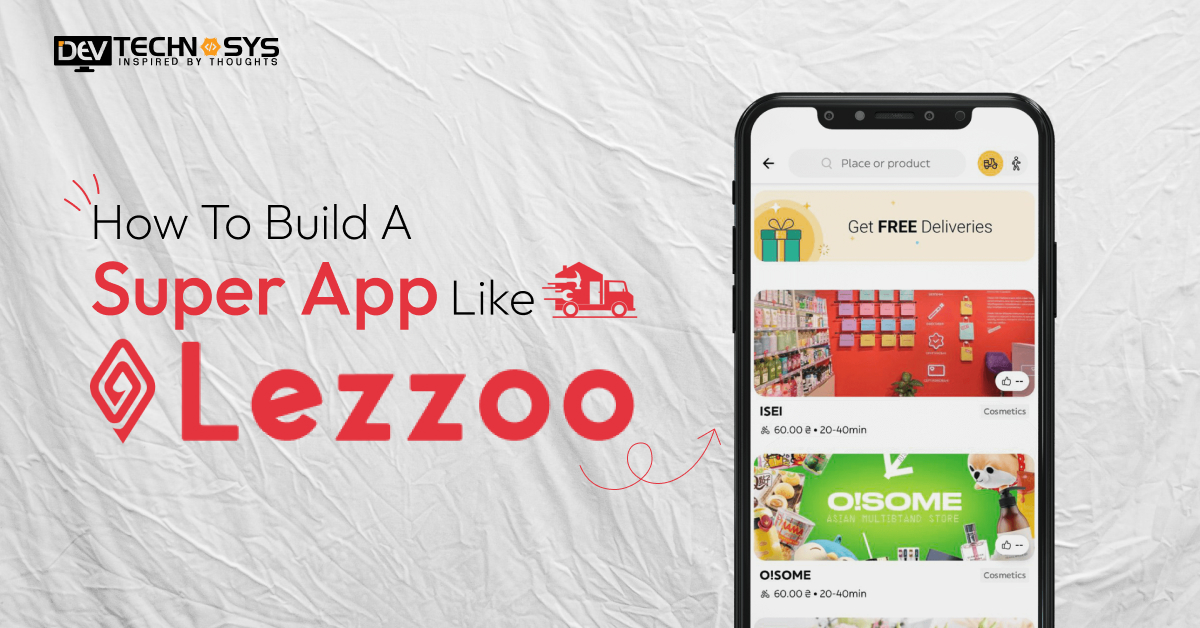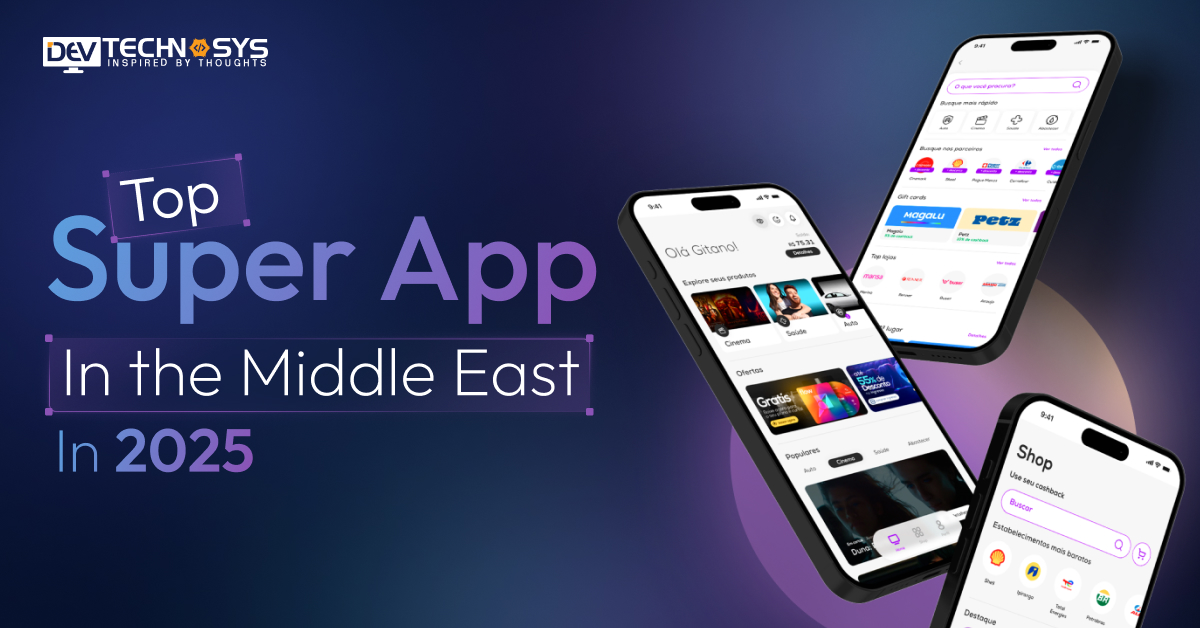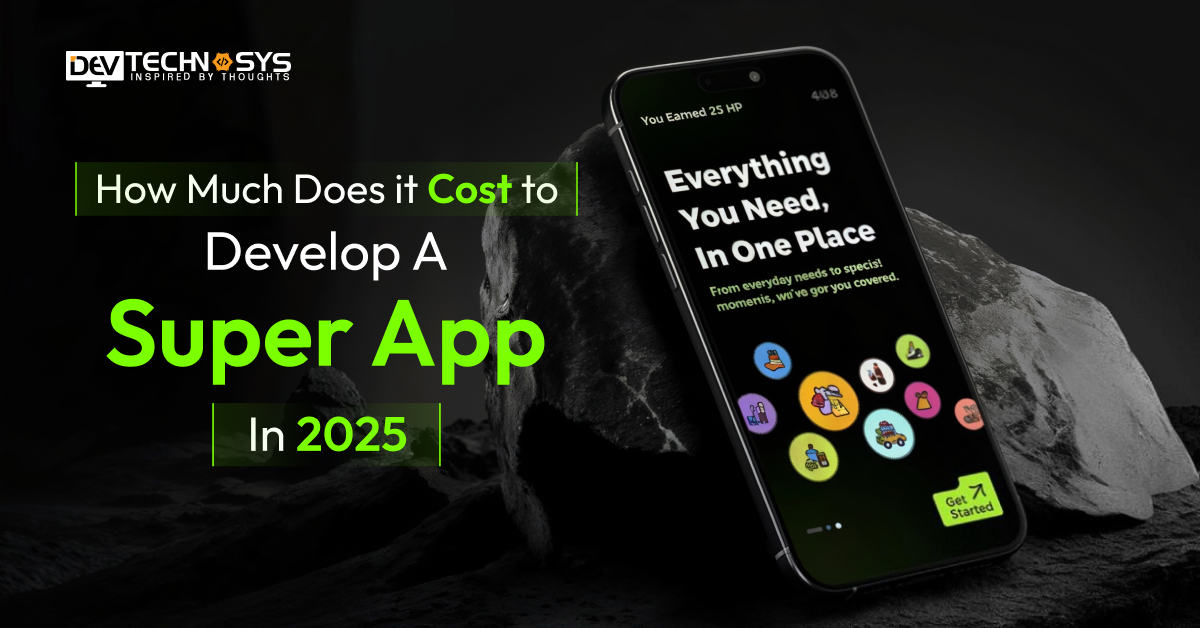By 2025 the number of mobile users will reach 7.49 billion worldwide across Android and iOS. Mobile users spend an average of 4.8 hours per week immersed in mobile apps.
How will your mobile app reach out to this diverse audience? What is the best way to approach your app strategy: should you create individual apps or go multiplatform?
Due to the high level of competition and large user base, it is not possible to use native app development for your next project.
When you adopt a multi-platform strategy, the first question that arises is: Which framework will best help you reach your goals? 38% of mobile app developers choose React Native for mobile app development requirements.
React offers many advantages for developing mobile apps, including code reuse, improved performance, and flexibility. This makes it a great choice for companies that want to develop mobile apps quickly, efficiently, and at low costs.
As a React Native application development company we have extensive knowledge in React Native development. Even our React Native experts use frameworks for building apps quickly and adding features to enhance mobile app development.
In this blog, we will explore the reasons to choose react native for mobile app development. We will also look at its drawbacks and other aspects.
So let’s begin.
What is React Native?
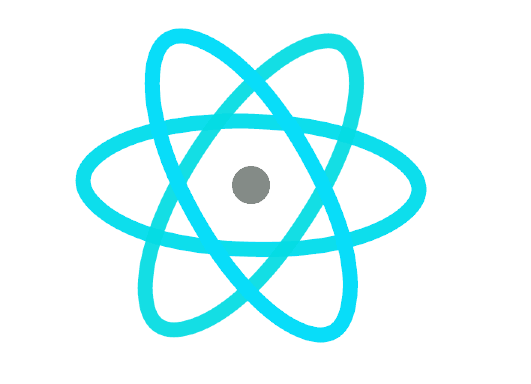
React Native was created by Facebook developers as a native version of the JavaScript Library. The open-source framework is widely used by developers to create mobile apps for iOS and Android. React Native for mobile app development is very different from those designed with other languages or technologies.
React Native can be a great business solution to help you save time, money, and resources. This innovative technology gives you access to both traditional and modern methods of designing hybrid mobile apps. React Native is used by many of today’s top websites, including Skype, Instagram, and Facebook.
Top 12 Reasons to Choose React Native for Mobile App Development
Now that you know the meaning of react native, but is react native good for mobile app development? To figure out this question, we will check out the reasons to opt for react native app development. So let’s have a look.
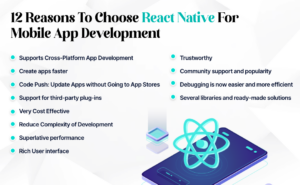
1. Supports Cross-Platform App Development
Ask any developer and they’ll tell you that maintaining both Android and iOS applications is a pain because they are written in different programming languages and frameworks.
The app can be developed on a single platform, ensuring a consistent experience for users across all platforms. One only needs a Javascript developer that is familiar with native UI, APIs, and hybrid app development.
Note: While you won’t need to know native languages in depth most of the time, it is possible that there are times when you will have to do some native development. This is especially true when you want to integrate native SDKs on Android/iOS, but there’s no React Native SDK available. Or when specific native features are not available in React Native.
2. Create apps faster
React Native is a technology that has been around for more than a half-decade, and its online community continues to grow. What does this mean for the average developer? There are many related components accessible, so you don’t have to design everything from scratch.
A single line of code greatly reduces the chance that a React Native application will contain a bug. A Minimum Viable Product (MVP) is now easier to build than ever before. You can launch your first version with the bare minimum of functionality, your MVP. The rest will be developed later.
You can build the features you need without wasting resources and time on a detailed interface. You can quickly test your app, then see what works and what doesn’t. Then, you can put more weight behind what works. React Native applications can be developed up to 30% faster when using a shared layer between iOS and Android.
3. Code Push: Update Apps without Going to App Stores
You may realize after the app has been published in the App Store that you have missed a typo, or you want to change a minor feature. With native apps, you will have to repeat the build process and upload updated versions of your app. The update would be approved by Apple or Google and then the user must manually install it.
All this happened before Code Push, which is used by React Native or Apache Cordova. Hire custom mobile app development services that allow users to see changes in real-time without having to restart the app.
4. Support for third-party plug-ins
React Native framework’s best feature is that it allows third-party plug-ins to be developed. JavaScript modules and Native Modules are the two most common types of plugins.
React Native makes it easy to connect to a plug-in, such as Google Calendar or Google Maps, in your application. Third-party modules save time and allow developers to create mobile apps quickly. The React native for mobile app development process is aided by simple integration and support.
5. Very Cost Effective
In the modern business world, the key is that the app must develop faster and last longer. Hire React Native App Developers as it will save you time and money.
React Native will help you stay within your budget. The platform also allows for cross-platform development of mobile apps, which will allow you to reach a wider market.
React Native allows designers to quickly create a design that suits the needs of the business. The developers don’t need to know different languages like Swift, C++, or Java.
6. Reduce Complexity of Development
Code that is easy to understand simplifies complex tasks with React. This framework makes use of Facebook’s UI library to generate understandable code and to implement React JS. React Native is a versatile solution that can be used to address a wide range of issues.
React Native’s Hot Reload is an important feature. This feature allows app developers to see the actual code and the impact it has on the app as they are coding. It ensures that the developers make the fewest errors and create “bug-free” code.
Hot reload means that code can be modified or corrected while the app uploads. Even during a change of state, the system provides a view that is independent of the state.
7. Superlative performance
React Native apps provide a native-like experience for the users of mobile apps. React Native apps will make users feel as if they were using native apps, whether it is the image or text view.
Businesses need to understand that React Native mobile apps are true mobile apps. These apps are not hybrids, mobile web applications or HTML5. App optimization is also required if you want to improve the performance of React Native apps. For the best performance, always optimize your mobile app with Native code.
You may boost the performance of your app by splitting its functionalities. You can use react native app development for some features using its code. This will help you maximize the app’s potential and make it the market leader.
8. Rich User interface
The user interface is the most crucial aspect of any program or website. React native enables you to design a distinct and convincing user interface. It also lets you build complex interfaces with pre-built declarative components like sliders, selectors, and buttons.
You can also use touchable transparency to create components for an app. Many iOS and Android applications are available which provide efficiency.
Using apps and tools can make your job easier. You can use Datepicker iOS for iOS and View Page Android for Android. Choose a component according to your app’s requirements.
9. Trustworthy
You can rely on the performance of the React Native framework. Facebook tested the app’s viability before its launch. The framework allowed the Mobile app development company to create an app that is perfect for social media. Since almost everyone has a Facebook app on their mobile device, it gives the feeling of using a mobile native app.
The framework is also open source and is, therefore, the number one choice for React Native App Development Services. React Native Framework is used by some of the most popular applications, including Walmart and Instagram.
10. Community support and popularity
Community support is essential as it serves as a guide to new developers who are working on an app. The most powerful community supports React Native. When they run into problems, new developers can seek help from experienced developers. React Native Framework, developed by Facebook and supported by bigger brands is becoming more popular. JavaScript is the primary language, so you can release updates without having to go through app stores.
11. Debugging is now easier and more efficient
React Native has a single source code. This makes it easier to detect bugs, whether on Android or iOS. It is for this reason that the framework is the best choice for Android app developers. The code in React Native is also more reusable. Developers simply need to change the code once for both main mobile operating systems.
Debugging may be a time-consuming task. Developers must spend endless hours inspecting their code in order to find and correct errors. It becomes considerably more difficult if a simple syntax issue is overlooked.
Custom React Native App Development is the solution to this problem. The team can spend less time on bug hunting with the cross-platform framework for app development.
12. Several libraries and ready-made solutions
There are many libraries and solutions that can be used to simplify development with React Native. Testing libraries like Jest, Chai, and Mocha help to write bug-free code. Expo is an open-source toolchain that will allow you to monitor your app’s progress and test new features.
ESLint, a tool that is great for React Native, allows you to easily check your code for potential errors. Typing is now faster thanks to tools like Flow and PropType.
Redux is a popular React Native library that provides state management. All of these modules and technologies make it simple to offload heavy calculations to the server and Build mobile apps.
What are the Drawbacks of React Native?
We have discussed some of the positive features of React Native for Mobile App Development. Like any other library for mobile app development, React Native is not perfect. As React Native has only been around for a short time, there are still many components not available. It’s not the best choice for creating games or apps that require complex 3D rendering.
React Native developers face a major problem with the lack of support for native app features like push notifications. Consider, for example, the scenario of creating a file-accessing application. You will need to create a custom module since React Native doesn’t provide a file-accessing system out of the box. However, you should then consider the UI of React Native as well as Swift for iOS and Java for Android. You will now have three codebases. Check these codebases to see what you can do.
Top 5 Companies Who Use React Native
Below are the top companies that have used React Native for Mobile App Development. So let’s have a look.
1. Facebook

Facebook is a must-have on this list, as it created React Native. React Native initially was used only for iOS. Later, React Native began to provide UIs for Android. Facebook continues to optimize the React Native-based parts of its applications. The Event Dashboard on iPhone is now two times faster than before. Facebook Ads is the first cross-platform app in React Native history.
2. Walmart
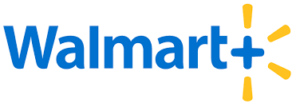
Walmart has an annual revenue of more than $500,000,000. The application includes features such as online shopping, price checking in stores, and product searching. Walmart Pay is a mobile wallet that customers can use to make payments. Note that Walmart has shared 95% of its codebase between iOS and Android applications. The simultaneous development of both platforms can reduce the cost to build mobile apps by almost half.
3. Adidas Glitch

Adidas Glitch allows customers to create shoes according to their desires. It is developed this mobile application after many considerations. They chose React Native for Mobile App Development to build their Android and iOS applications.
4. Pinterest

Pinterest is an online social network that encourages collaboration. This platform is all for exchanging and sharing videos and images. Many users began sharing their ideas via mobile phones. Pinterest switched to React Native because of this. The iOS implementation took ten working days. Two additional days were needed to port the screen from iOS to Android. They were able to reduce the implementation time by over a full week.
5. Tesla

Tesla, a company known for electric cars and mobile apps, uses React Native. Their iOS and Android applications look the same to their users. Most of the features are also the same on both platforms. This includes a panoramic roof and charging.
Future Potentials of React Native Framework
React Native has been working on a large-scale, energetic project called Fabric. Fabric’s goal is to make React Native less likely, as it will combine RN framework with hybrid JavaScript architecture. Fabric offers developers three essential changes that will help React Native grow in the future. Below are the changes:
1. Async rendering capabilities
React Native has async render capabilities, which will make it easier to handle asynchronous data and will allow for different rendering priorities.
2. New Threading Model
Fabric allows its developers to use JavaScript synchronously on any thread, instead of requiring that every UI update be performed on three threads. It is able to reduce the load on the main thread, without compromising the sensitivity. Just like mobile applications, businesses can use react native for web development.
3. Simplified Bridge
Developers are considering building a bridge between JavaScript and native code. It will also make it easier to use various debugging software. React Native’s exclusive features keep it one step ahead and at the forefront of its competitors. Thus, we can say React Native for mobile App Development future looks promising.
Conclusion
When it comes to creating cross-platform mobile applications, React Native is the whole shebang. It aids with the development of robust, high-quality apps for both iOS and Android platforms. We hope this blog has given you insight into its remarkable advantages for choosing React Native for mobile App Development.
By getting in touch with a reputable React Native development business, you can take advantage of React Native’s advantages. To meet your demands for mobile app development, you can hire experienced React Native developers from a reputed and accomplished React Native App Development Company.
FAQ
Can I Use React Native to Build a Native Android and iOS App?
Yes, React Native allows you to build native Android and iOS apps using a single codebase. It provides a framework that enables developers to write JavaScript code, which is then compiled into native components, resulting in cross-platform applications with a native look and feel.
How Much Does it Cost to Hire React Native Developers?
The cost to hire dedicated developers in UAE( react native) can vary depending on various factors such as experience, location, and project complexity. On average, hourly rates can range from $15-$25 depending on the developer’s skill level and location.
How to make an app?
To make an app, you need to follow the below steps:
- Define your app’s purpose and target audience.
- Plan and design your app’s features and user interface.
- Choose a development platform (iOS, Android, web) and programming language.
- Code and implement your app’s functionality.
- Test, debug, and refine your app.
- Deploy your app to an app store or web server.
- Market and promote your app to reach your audience.
What Does the Future Hold for React Native developers?
React Native will not go away anytime soon. It will continue to compete with other cross-platform development frameworks, such as Flutter. It uses the JavaScript library to function, making it effectively a sophisticated programming framework.







